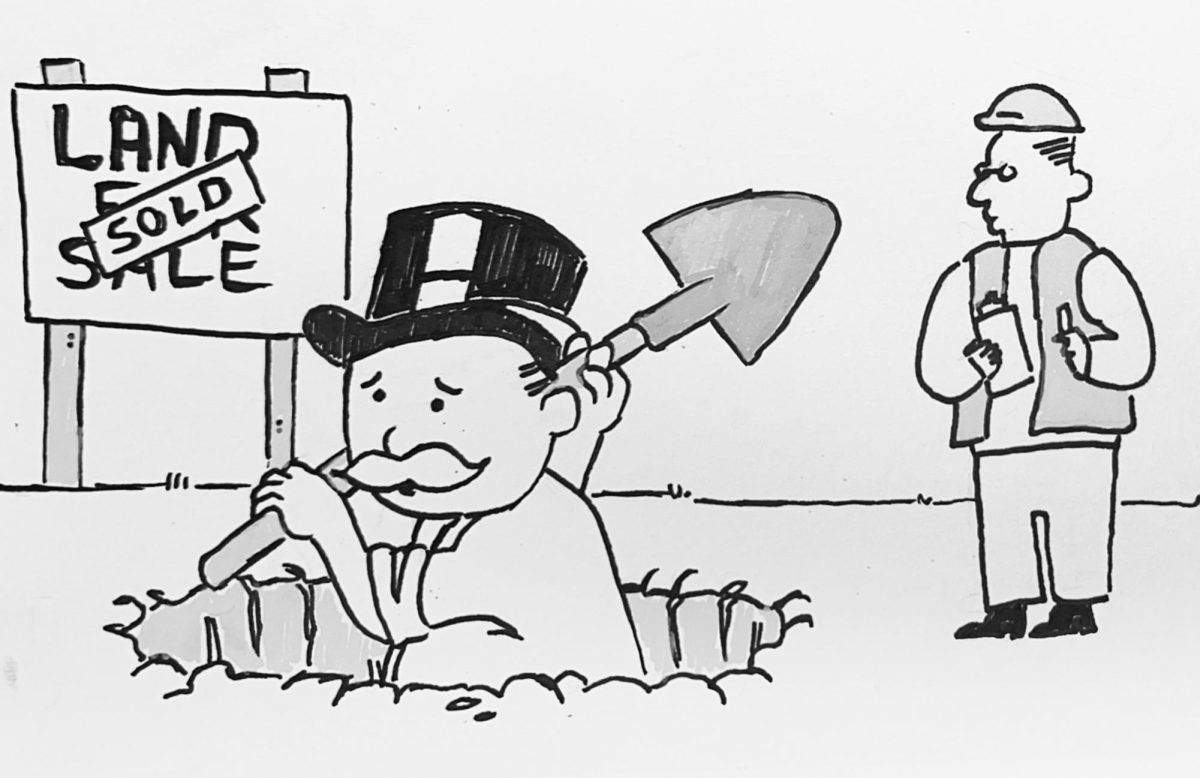by Marcus Koontz
“She’s a *beep*!” said one, and the other chimed in “Yeah, assigning this *expletive* assignment she assigned!” Back and forth the girls went. They called one of my professors expletive after expletive, giggling the whole time. I was sitting outside of the group study room they were using before they arrived and after they were there I had a hard time studying. I had an even harder time not hearing what they were saying because of the loud and coarse nature of their discourse.
It wasn’t long before I had to leave. But I left with a feeling of disgust. I left with a feeling that I hadn’t had before, that some Whitman students were not the nice, caring, happy and smart people I thought they were. The particular professor that the girls talked about has always been really nice to me and other students.
This experience brought me to a broader question. It is a long held theory of mine that people have abandoned morality as some tarnished relic of the religious groups of the world. Is morality important today? Do people think about their actions and how their actions affect others? I hold the position that morality predates the dominant religions of today and that it has always been appropriate for people to treat each other with morality.
I’d like to define morality as such: The branch of knowledge concerned with right and wrong conduct, duty, responsibility. What are our duties towards other human beings? What are our responsibilities? What is right and what is wrong in our actions? I’d like to jump out from under these huge weighty questions, because I have no clear cut answer to offer for them. But I want to make the point that we still have moral duties and responsibilities and they far predate the religions of today, they even predate writing itself.
Marcus Aurelius was a Roman emperor who lived from 121 A.D. to 180 A.D. and was a stark example of a non-Christian moralist. In the “Meditations” he wrote, “It is a ridiculous thing for a man not to fly from his own badness, which is indeed possible, but to fly from other men’s badness which is impossible.” In other words, one should try to fix oneself and not try to run from other’s misdeeds. Aurelius also wrote, “He who does wrong does wrong against himself. He who acts unjustly acts unjustly to himself, because he makes himself bad.” Marcus Aurelius –– even in 160 A.D. without the influence of Christianity or other religions –– looked down on people committing the kind of badness that I witnessed those girls in the study room undertaking. I call the girls’ act badness because two girls who curse their professor for trying to teach them and for assigning assignments that will only further their education certainly seems bad to me.
We have certain moral duties to each other and they extend farther than respecting everyone’s differences. As people that interact with each other in a community in which learning and mutual improvement is the goal, respect is the first obligation. One must be respectful in action and speech. Courtesy, help when necessary, communication and negotiation are obligatory acts. A person that lives in a community like ours should spend a little more time thinking about their words and actions and a little less time just talking and doing.







